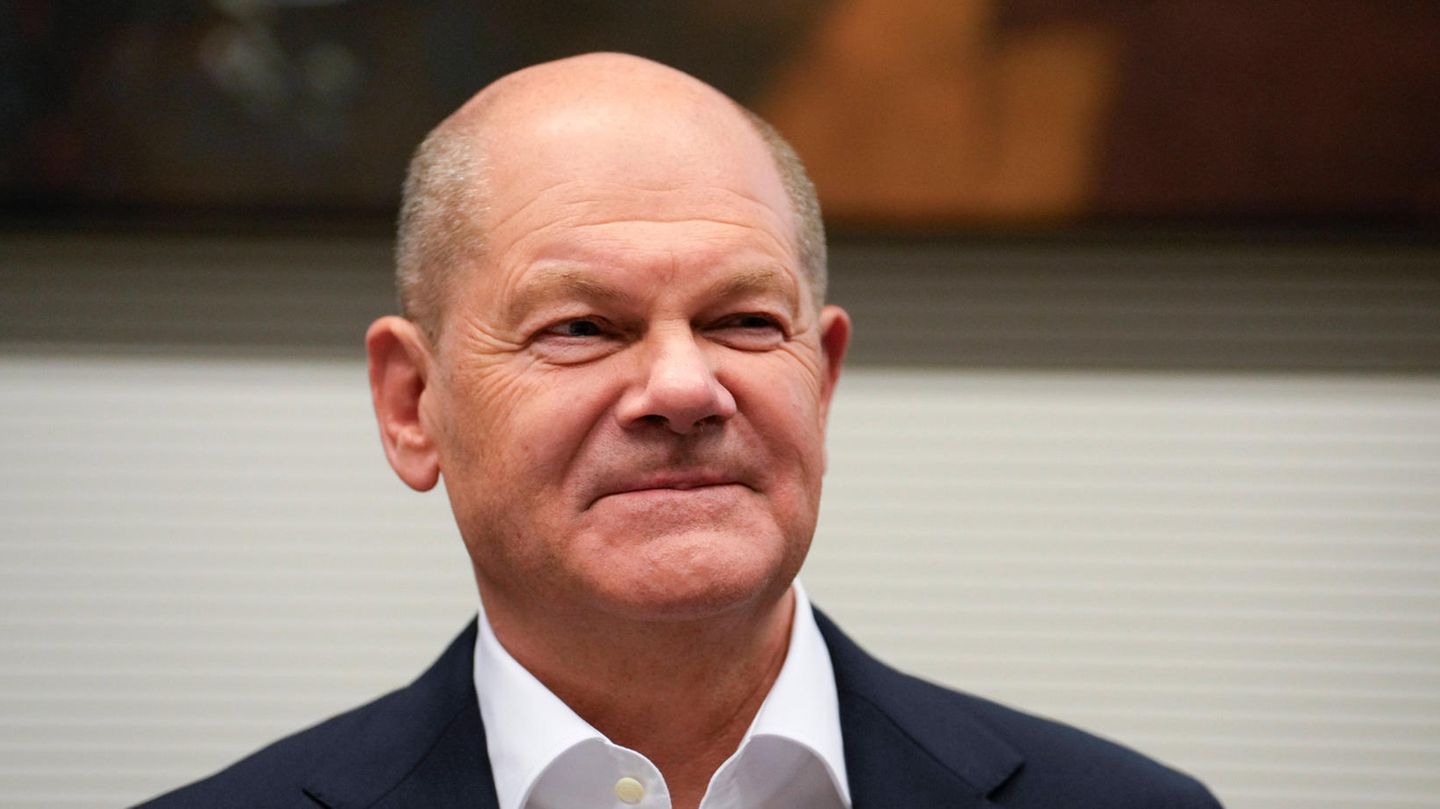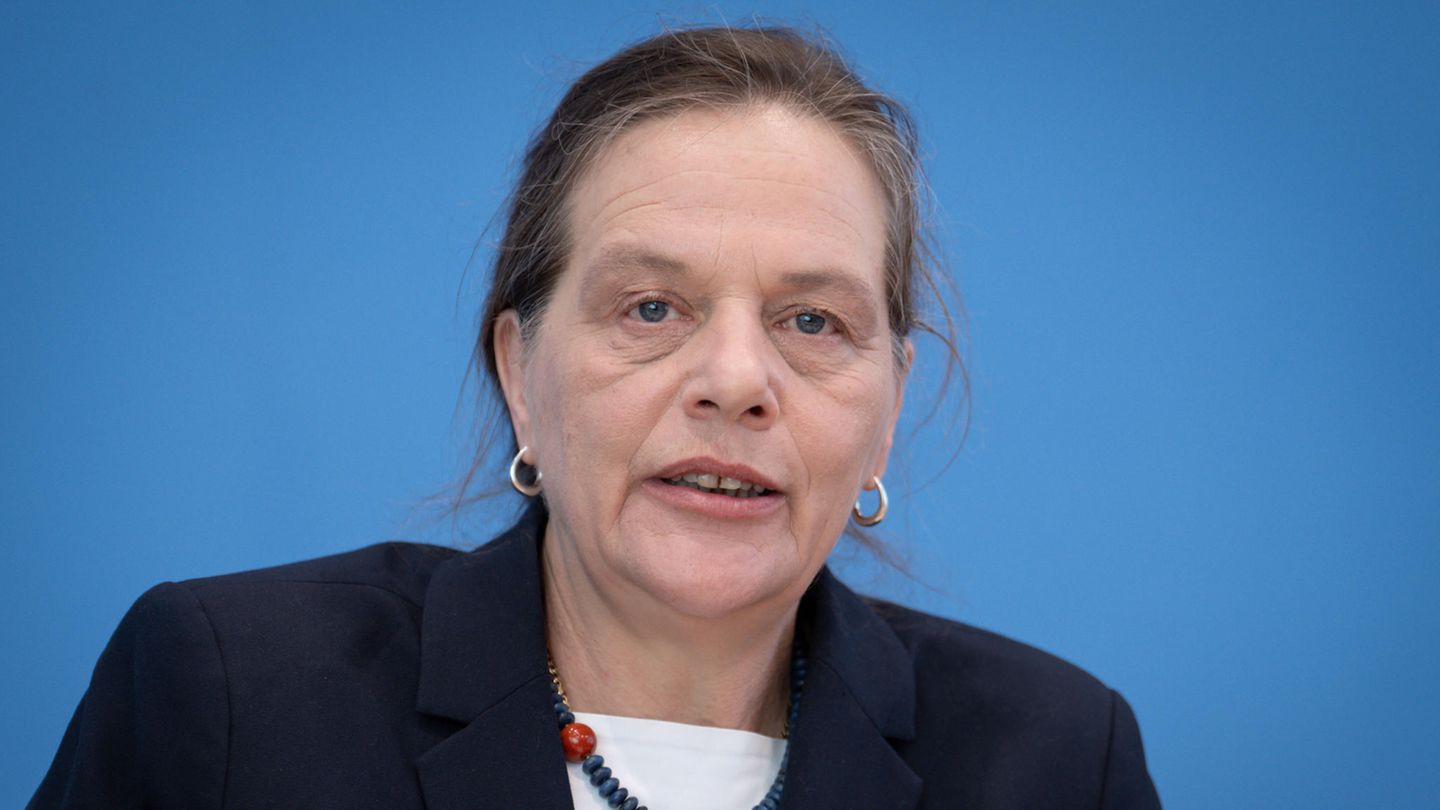After traffic lights go off
The Federal Returning Officer warns of “unforeseeable risks” if new elections are held too quickly
Copy the current link
After the end of the traffic light coalition, the Union is calling for new elections as soon as possible. Now the Federal Returning Officer is speaking out – and supports Chancellor Scholz’s schedule.
The opposition is urging Chancellor Olaf Scholz to ask for a vote of confidence next week. But he wants to wait until 2025. Now he is apparently receiving support from a somewhat surprising source: Federal Returning Officer Ruth Brand. , she appealed in a letter to the Chancellor not to rush into new elections. According to the news magazine, the subject of the letter is “Challenges and risks of an early election in January or February 2025.” The “Spiegel” then quotes from the letter: “Since the proper preparation and implementation of the election is essential for citizens’ trust in democracy, it is necessary to be able to fully utilize the 60 days from the dissolution of the German Bundestag in order to be able to take all necessary measures in a legally secure and timely manner.”
“If dates and deadlines fall during the Christmas season or between years, the very short period of 60 days would be significantly shortened,” the magazine continues, quoting the Federal Returning Officer. “This could lead to unforeseeable risks at all levels, especially at the community level, and make procurement measures virtually impossible to implement.” Overall, if this is not followed, there could be an “increased inadmissibility of election nominations” due to hasty action by those submitting nominations, the Reuters news agency quotes from the letter.
The Federal Returning Officer fears overloads
Non-established parties would also be required to collect signatures of support, which would have to be individually certified by the responsible municipal authorities. “The local authorities could be burdened beyond their capacity limits,” wrote Brand. “This could mean that the certificates required for submitting nominations cannot be issued to those nominating candidates in a timely manner.” In addition, there could be a risk of the electoral offices being overloaded due to inadequate postal voting preparation.
The FDP ministers are gone – except for one: This is what the new cabinet looks like

Olaf Scholz (SPD) will remain head of government as Chancellor after the end of the traffic light coalition. However, Scholz has announced that he will soon ask the Bundestag for a vote of confidence
© Bernd Elmenthaler / Imago Images
This assessment is all the more surprising since the news was circulating on Thursday that a new election at short notice would not be a problem from the Federal Returning Officer’s point of view. A spokesman for the authority said that they do not see any particular challenge, even if this were to happen in the short term. He pointed out that the same requirements would apply as for other federal elections. The deadlines for this are all regulated by law. Article 39 of the Basic Law stipulates that if the Bundestag is dissolved, a new election must take place within 60 days.
Dispute over the date for new elections
After the end of the traffic light coalition, Chancellor Olaf Scholz (SPD) announced that he wanted to raise a vote of confidence in the Bundestag on January 15th and then bring about an early federal election at the end of March. CDU leader Friedrich Merz, however, called for the vote of confidence to be asked immediately or at the beginning of next week at the latest.
Note: This article has been updated with additional quotes from the letter.
Sources:DPA, Reuters.
tkr
Source: Stern
I have been working in the news industry for over 6 years, first as a reporter and now as an editor. I have covered politics extensively, and my work has appeared in major newspapers and online news outlets around the world. In addition to my writing, I also contribute regularly to 24 Hours World.




